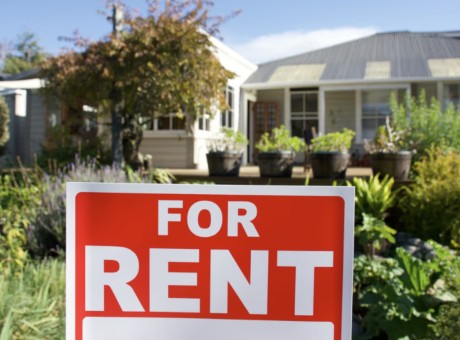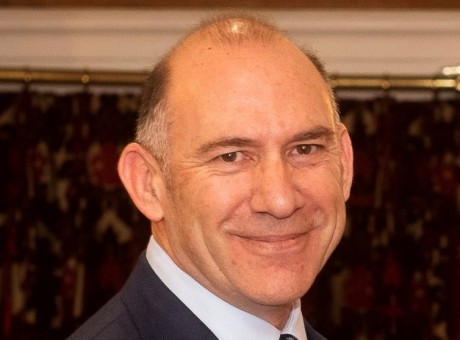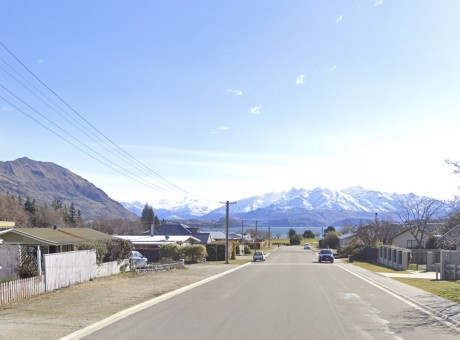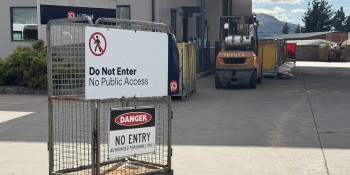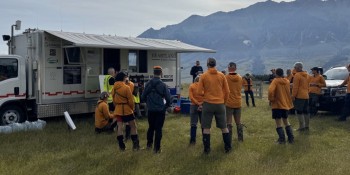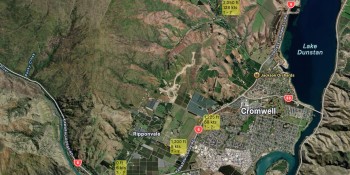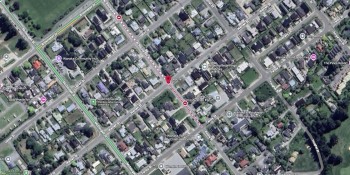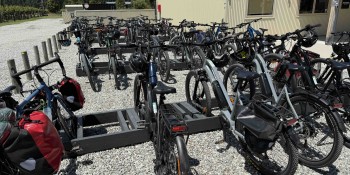Tourism Minister gets tough on freedom camping
From Tourism Minister Stuart Nash:
Tougher freedom camping laws will be introduced to prevent abuse which has placed an unfair burden on small communities and damaged our reputation as a high quality visitor destination.
Tourism Minister Stuart Nash has confirmed that new legislation will be introduced to Parliament following an extensive round of public consultation earlier this year.
“Backpackers in budget vehicles are welcome. Motor homes and towed caravans are welcome. But at the heart of the new law will be greater respect for the environment and communities through a ‘right vehicle, right place’ approach,” Stuart Nash said.
“We are setting clear, minimum expectations for campers. Higher standards must be met before vehicles can be certified as truly self-contained with fixed toilets. Abuses in the past included campers slapping bogus blue stickers on vehicles to falsely claim compliance.
“Despite Government investment of $27 million in freedom camping programmes since 2018, there are still problems, including the inappropriate disposal of human waste.
“Feedback from communities and councils made it clear some freedom campers remain a problem. Issues include uncertified vehicles, parking outside designated areas including on private driveways and front lawns, littering, and disposal of human waste.
“Our country is a paradise for tourists. When international borders re-open tourism will not match pre-COVID levels but we can expect greater pressure. Abuse of freedom camping by domestic and international travellers not only damages our 100% Pure brand, it erodes public support for tourism and undermines its social licence to operate.
“The new legislation will mean:
- Freedom campers will need to be in a certified self-contained vehicle to stay overnight on land managed by local councils, unless the council has designated the area for non-certified vehicles.
- Freedom campers will be able to stay on Department of Conservation (DoC) land in vehicles that are not self-contained, unless DoC has formally restricted or prohibited camping in such vehicles.
- Freedom campers can continue to stay overnight in tents, where permitted.
- The infringement system will be strengthened with tougher fines and penalties of up to $1000, replacing the current $200 fine.
- A new regulatory system to enable vehicles to be certified as self-contained. To be certified as self-contained, a vehicle will need a fixed toilet.
- Certification will be overseen by agents authorised by the Plumbers, Gasfitters and Drainlayers Board.
- The new rules can also be extended to cover land managed by Waka Kotahi-NZTA, and Toitū Te Whenua-Land Information NZ.
“Once the bill is passed the changes will be phased in over two years to allow vehicle owners time to ensure their vehicle meet the new certification standards, which includes having a fixed toilet.
“The Government has committed $10 million in transitional funding to support local councils to educate freedom campers and develop local bylaws over two years.
“The changes will also benefit small business owners who run backpackers’ hostels or campgrounds and who have lost business. Hostels and campgrounds are perfect for the budget-conscious traveller who may have considered freedom camping in the past.
“There are hundreds of campgrounds and campsites managed by DoC and commercial, operators, many charging very low nightly rates for the use of facilities. They will gladly welcome all travellers, no matter what type of vehicle they have.
“The number of freedom campers had risen significantly since the early 2000s peaking at around 245,000 in 2019. Freedom camping will always be a valuable part of our tourism experience, but must meet minimum standards and respect our tourism brand,” Stuart Nash said.
The changes will start with the Self-Contained Vehicles Bill being introduced to Parliament next year. Further information on the changes will be at www.mbie.govt.nz/freedomcampingchanges





